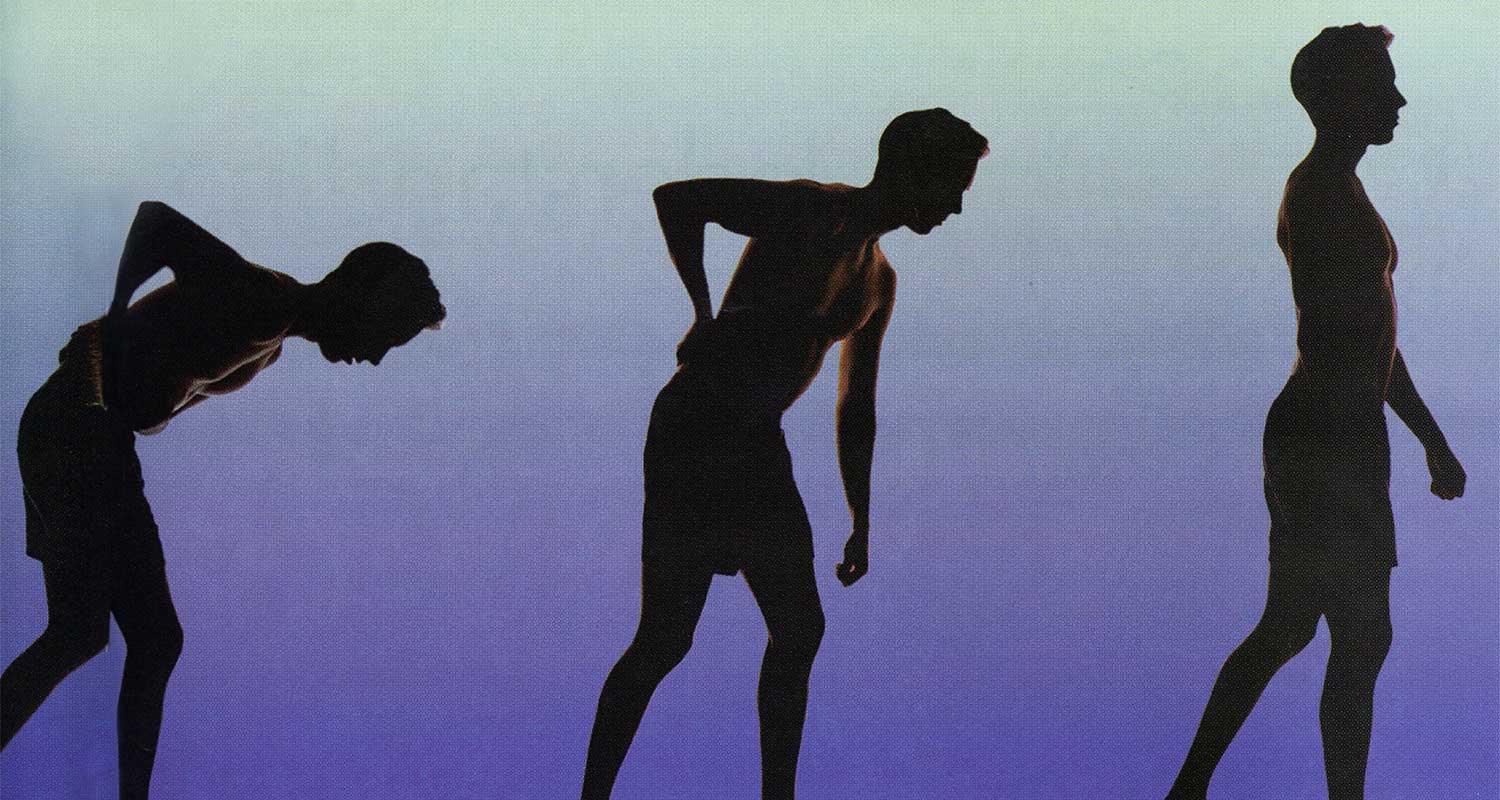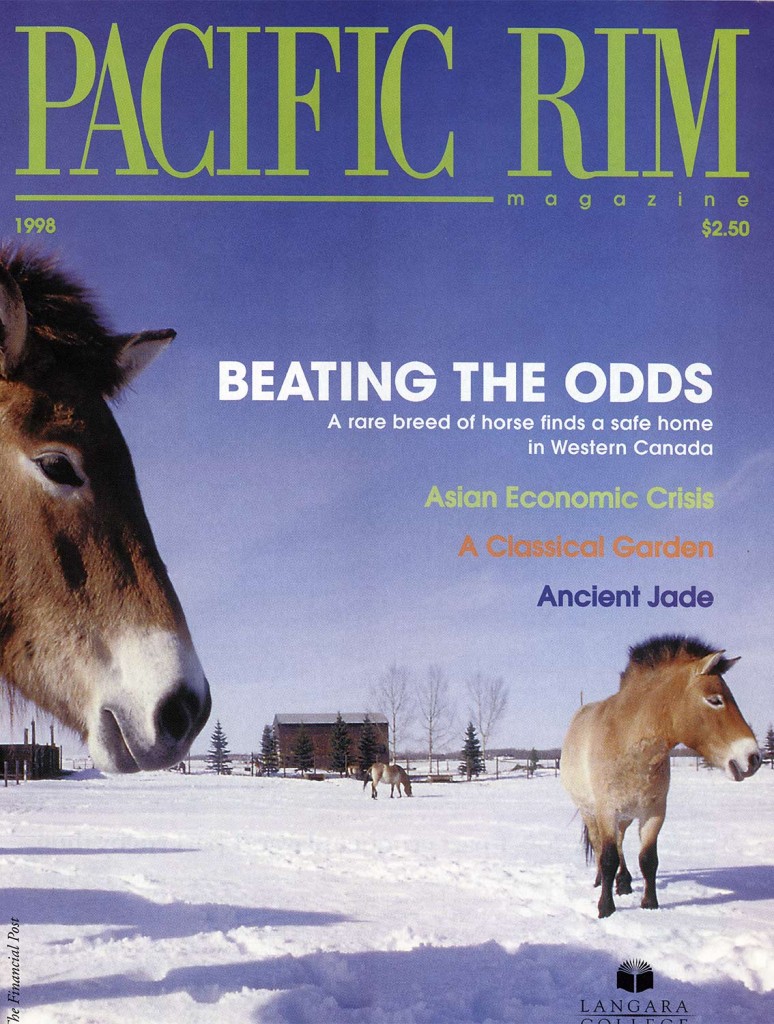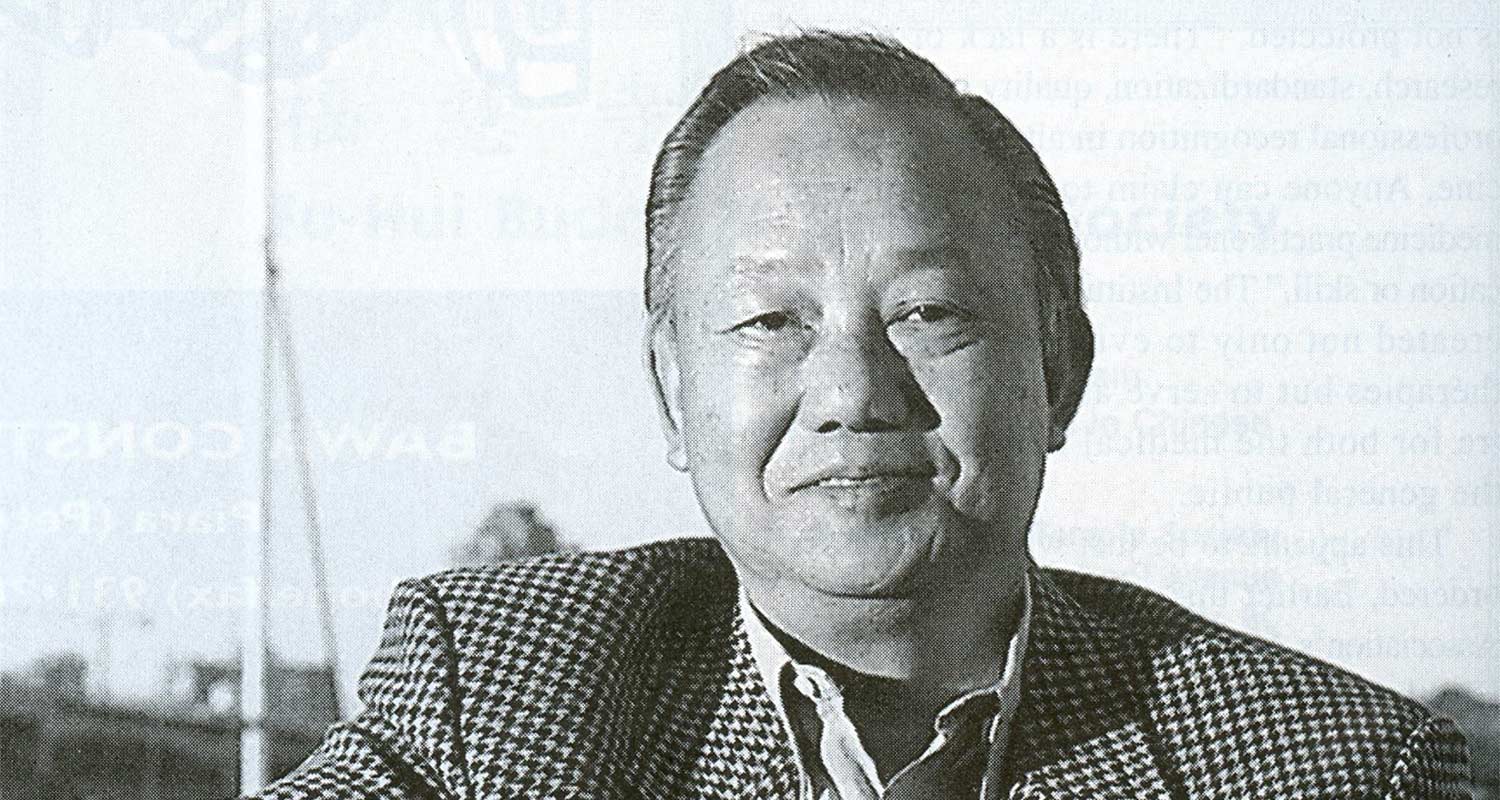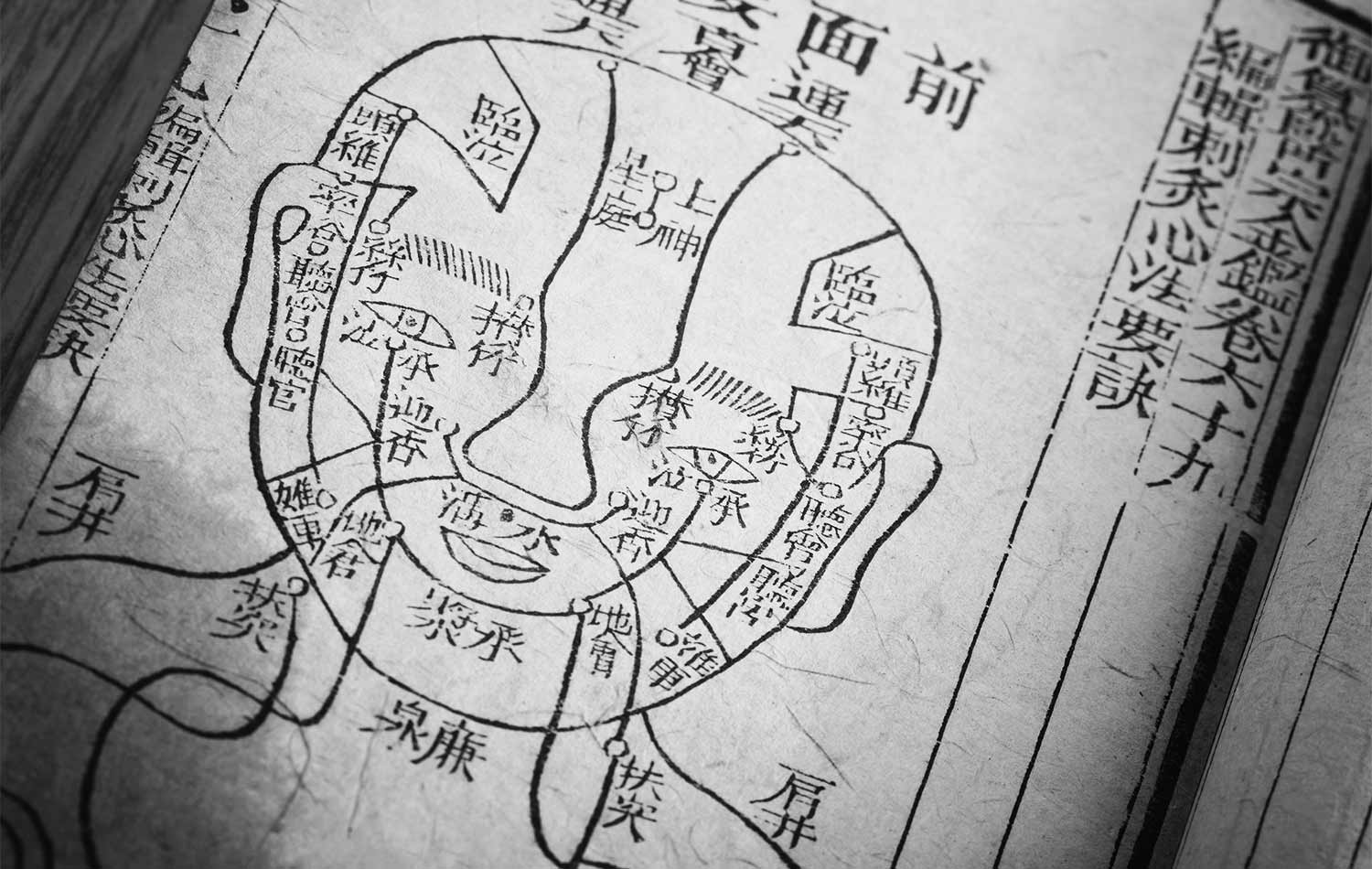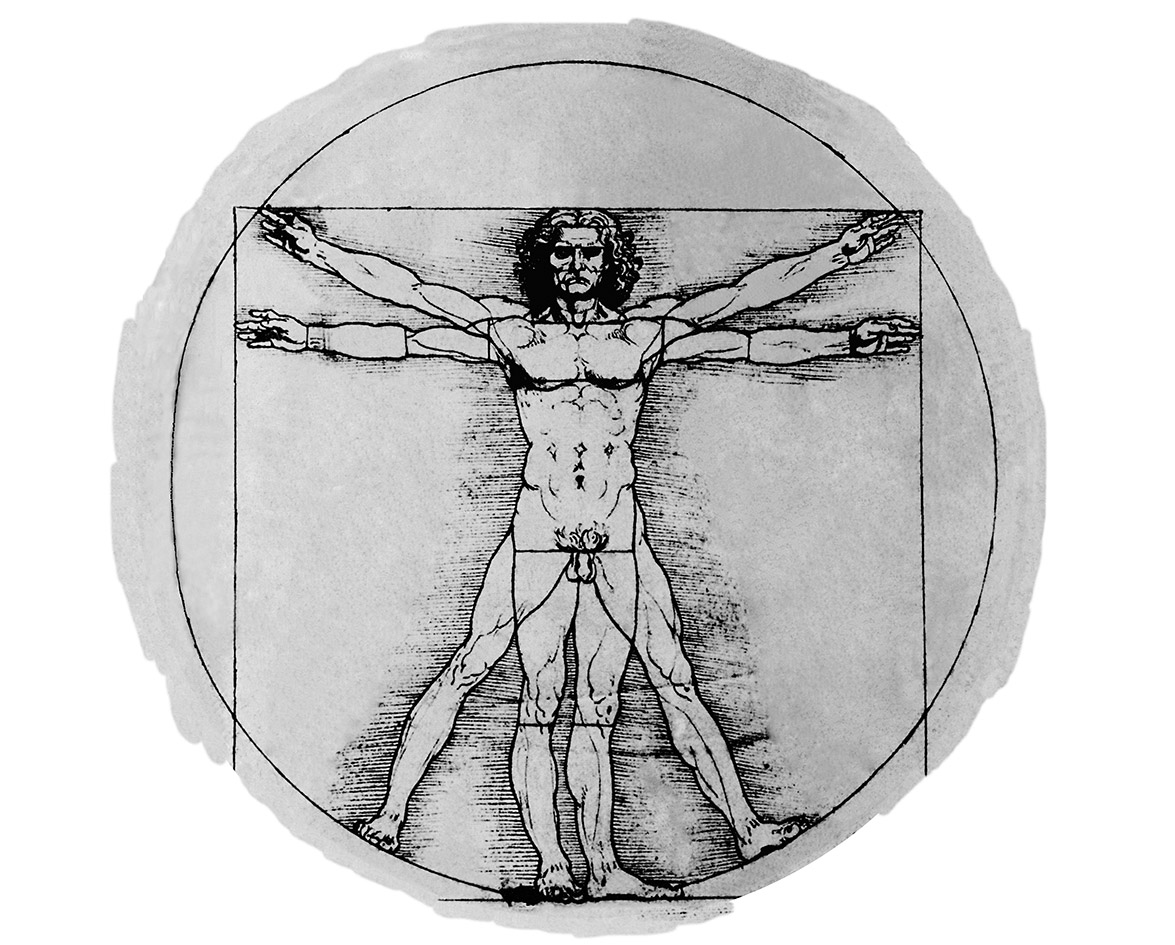Practitioners of Western medicine often view alternative forms of medicine with skepticism and condescension. Because most Western doctors typically make little effort to study or understand other methods of healing, rarely will they refer a patient to a practitioner of alternative medicine. Without a complete understanding of their options, doctors are unable to recognize when a patient might be more effectively healed by an alternative treatment.
The Need For Both Chinese And Western Medicine
As a practitioner of both Chinese and Western medicine, Dr. Zhi Gang Sha, of Sha’s Health Centre in Vancouver, recognizes the need for different forms of medicine to join together in pursuit of optimum health for patients. “I believe that modern-day physicians can better serve their patients and themselves by keeping an open mind, and by exploring and learning what other healing disciplines have to offer,” says Sha, who incorporates many philosophies of medicine into his practice. Though Western medicine is superior in diagnosis and emergency medical situations, it “does not offer much relief in the way of chronic pain conditions such as arthritis, cancer, migraines, joint problems and diabetes,” states Sha. “Everywhere I go, I see wards at Western hospitals filled with people who have suffered, and who will continue to suffer, years of pain.”
Zhi Neng Medicine
Determined to make a change, Dr. Sha has not only developed his own style of acupuncture-Sha’s acupuncture-but he is also a Grand Master of Zhi Neng Medicine, a revolutionary new self-healing method. Although it has been practiced in China since 1975, Zhi Neng Medicine was only formally introduced to the public by its creator, Master Zhi Chen Guo, in 1992. Known in China as the “medicine-less healing science,” millions of Chinese have discovered the benefits of Zhi Neng Medicine. In the fall of 1997 it was recognized by the Chinese central government as “the new medical revolution happening in China.”
One of the most appealing aspects of Zhi Neng Medicine is that it is a self-healing technique. Self-healing is a facet of healthcare that is largely absent in the West, and Dr. Sha notes the public’s demand for more control over their health. “In general, I have found that Westerners are hungry for tools they can use to control their own healing,” says Sha. “People no longer need to be passive recipients of externally provided health services; they can start taking more responsibility for their own health and not be so dependent upon the conventional medical system.”
“Zhi Neng Medicine combines essential components of Western medicine, traditional Chinese medicine, Qi Gong and the extraordinary functions of the senses,” explains Sha. He first came across a book about Zhi Neng Medicine in 1988, and was so impressed that he subsequently went to study under Master Guo in China, becoming his first pupil. His enthusiasm for Zhi Neng Medicine increased as he learned more, and he has since devoted his life to spreading its healing techniques. In 1996 Dr. Sha established the International Institute of Zhi Neng Medicine in Vancouver, where he is passing his knowledge on to the public and training practitioners. “So convinced am I of its healing benefits,” says Sha, “that I have taught thousands of people how to use Zhi Neng Medicine for self-healing, as preventive medicine, and to improve health.”
Zhi Neng Medicine is founded on the principle that health is related to the balance of energy in our bodies. In traditional Chinese medicine, this energy is known as Qi (pronounced Chi). In Western scientific terms this is the energy which results from cellular activity. According to Zhi Neng medicine, all illness results from an imbalance due to excess energy, or an energy deficiency. Chinese medicine utilizes herbal remedies, acupuncture and acupressure massage to restore the balance of Qi. One of the main therapies used in Zhi Neng Medicine is a series of exercises called Dong Yi Gong, which restore, redistribute and replenish this energy. The techniques used in these exercises incorporate elements of the ancient Chinese philosophies of Yin and Yang, the Five Elements theory, I-Ching, Tao, Te, Qi Gong, Buddhism, Confucianism, and traditional Chinese medicine, as well as the scientific disciplines of Western medicine, biology and physics. In traditional Chinese medicine, Qi runs through the body in pathways called meridians. The main focus of traditional Chinese acupuncture is to ensure the free flow of Qi through these meridians using needles at various pressure points to clear energy blockages. Zhi Neng Medicine recognizes the existence of these meridians, but is more concerned with what are called the “five most important energy centres in the body.” Not only do the exercises of Dong Yi Gong redistribute energy, they also build up energy in these areas to fight off potential illness. “Developing more energy is the key to preventive medicine,” explains Dr. Sha.
An Effective Healing Model
The results of Zhi Neng Medicine seem too evident to be ignored. “Health professionals who have taken the time to explore Zhi Neng Medicine have been impressed with its healing benefits and the results it generates,” states Sha. Though the government and Western medical professionals provide little to no support for non-traditional healing alternatives, Dr. Sha is hopeful. “I believe that alternative medicine and complementary medicine will soon be accepted and integrated into the Canadian medical system. Ultimately, it is the public who will implement this change as more and more people continue to search for healing solutions outside of conventional Western medicine, and as people demand to have more choices in their healthcare. I see the evolution of an integrated multi-disciplinary approach to healthcare, where various healing modalities-complementary medicine, Eastern and Western medicine, and such-will be integrated to offer a more effective healing model for the individual.”





